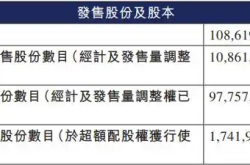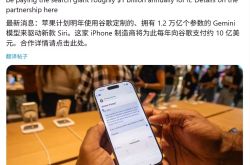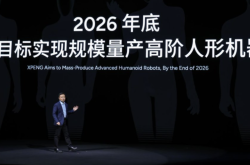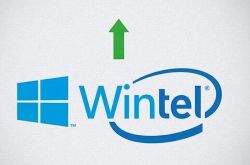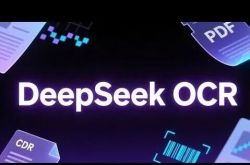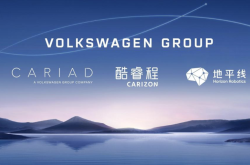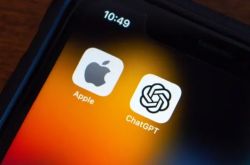Sam Altman: From Silicon Valley's Darling to the Establishment's Adversary
![]() 07/07 2025
07/07 2025
![]() 581
581
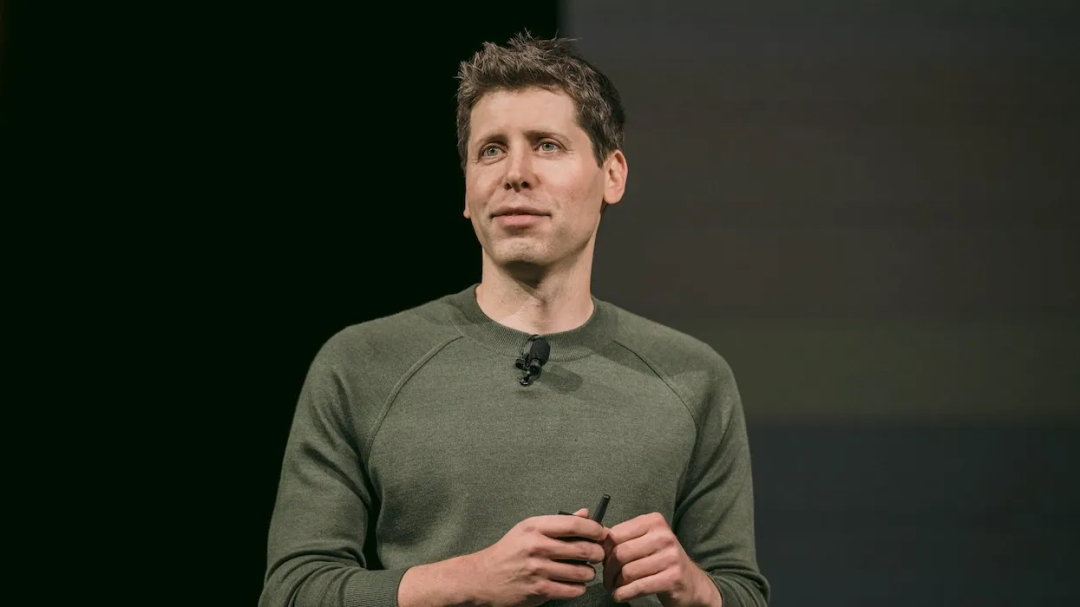
There are no permanent friends, only permanent interests.
"They offered signing bonuses of over $100 million," casually remarked Sam Altman, CEO of OpenAI, in a podcast, referring to Meta's talent poaching war. The outcome of this clandestine battle was clear: despite the exorbitant offer, no one from OpenAI's core team defected.
The tech upstart concluded the business war with a sarcastic remark: "Offering high upfront guaranteed compensation does not cultivate a competitive corporate culture; it merely distracts from actual work."
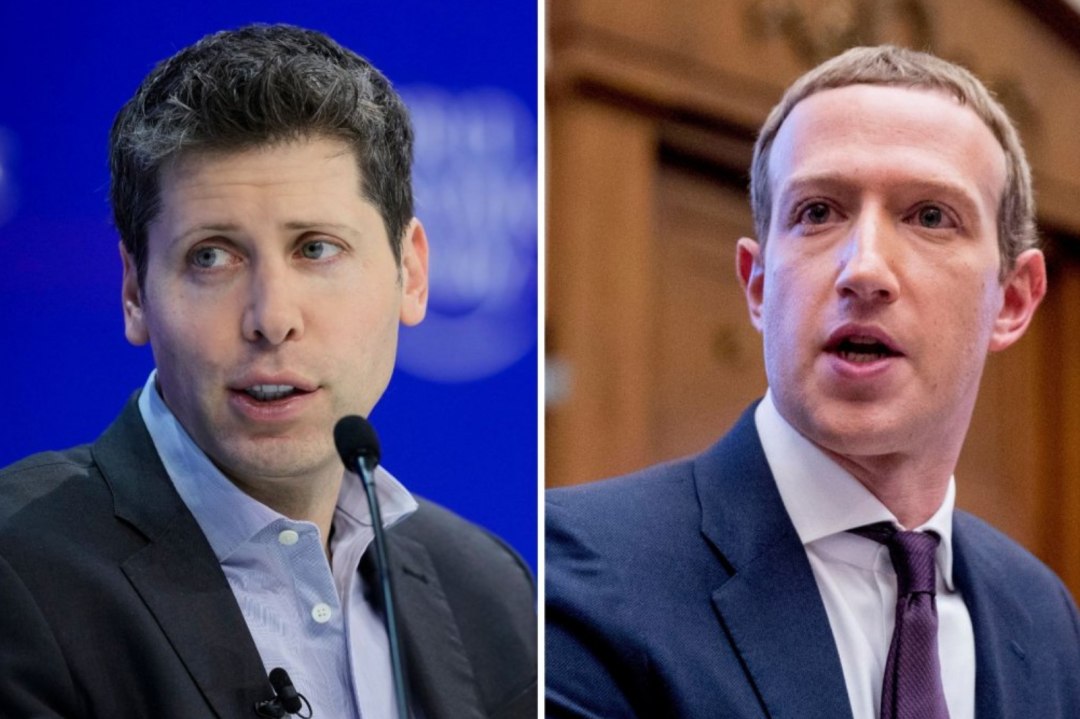
Altman could not afford to lose momentum, and his words carried a grain of truth. However, his ambitions over the past two years have made him the "enemy of the establishment" for many Silicon Valley tycoons.
For instance, his public spat with former partner Elon Musk continues to escalate. He has bypassed Jensen Huang to actively expand his investment circle and accelerate cooperation with TSMC on chip manufacturing and plant construction. In the consumer electronics sector, he just forged an alliance with Apple but then turned around to acquire the startup of its chief designer, bringing the battle to the heart of hardware.
Prior to this, OpenAI founder Sam Altman enjoyed widespread goodwill and reputation in Silicon Valley.
Silicon Valley tycoons have never been stingy with their praise for Altman. Peter Thiel, once hailed as the "Godfather of the Mafia" in PayPal (an influential informal organization in the Silicon Valley tech circle), once commented on Altman: "He may not be in the geographical center of Silicon Valley, but he is definitely at the core of the Silicon Valley spirit."
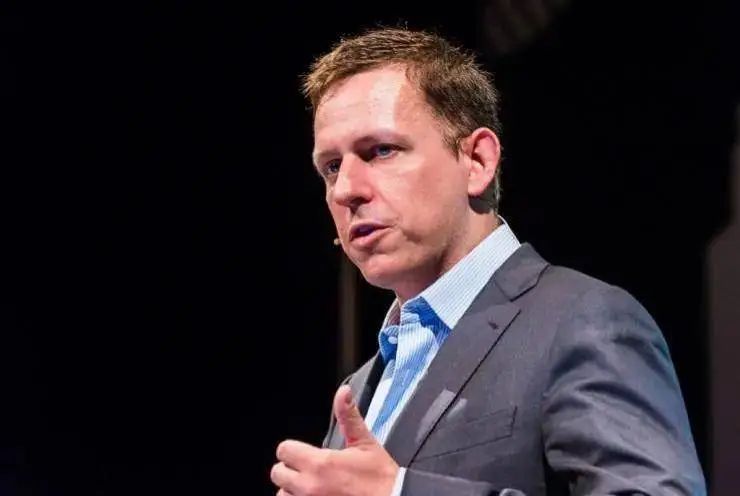
Peter Thiel
Paul Graham, the godfather of Silicon Valley venture capital, also evaluated him: "You could drop him on an island inhabited by cannibals, and five years later, you'd come back to find he'd become the king."
So, what explains the stark contrast between Altman's past and present? Is it due to competition, or is this just his true nature?
Silicon Valley Darling: The CEO Who's Best at Chatting
In 1985, a new life arrived in a typical Jewish middle-class family in the Midwest of the United States. In St. Louis, Missouri, real estate agent Jerry Altman and dermatologist Connie Gibstein might not have anticipated that their son Sam Altman would grow up to be a key figure in revolutionizing artificial intelligence.
Altman has shown exceptional talent since childhood. At the age of 8, he exhibited remarkable programming prowess, and at 18, he entered Stanford University's Computer Science program on a full scholarship. After his freshman year, he interned in Professor Andrew Ng's AI lab at the university, where he was exposed to and researched AI and computer science.
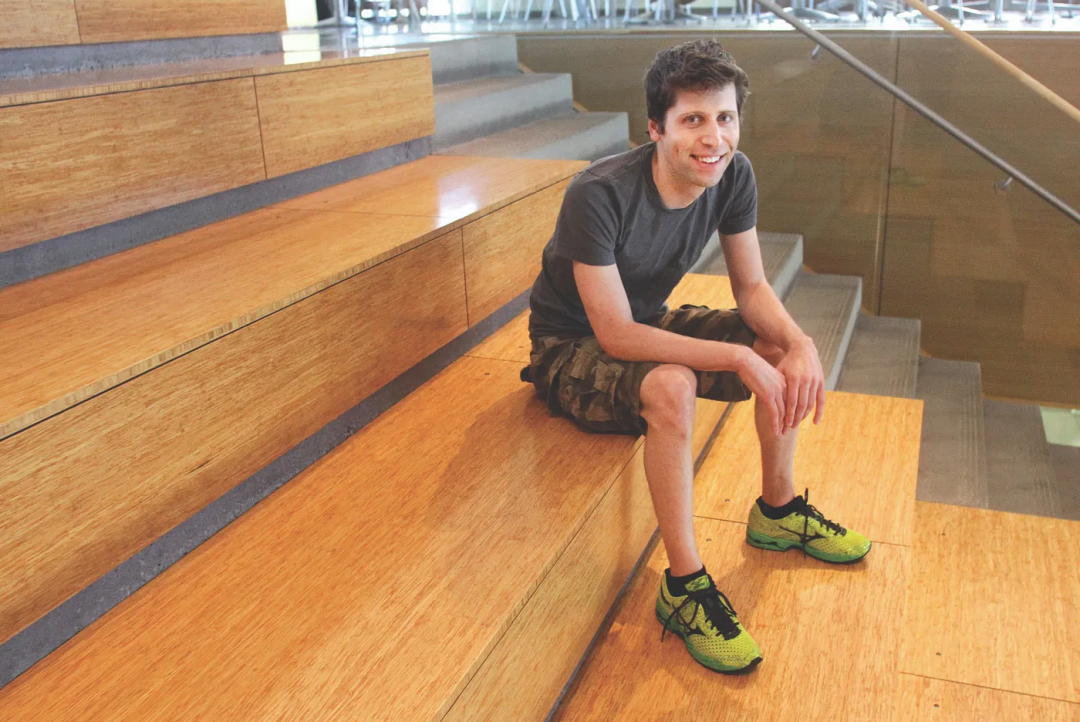
Despite his shy appearance, Sam Altman is exceptionally skilled in social interactions and has a strong desire for control. When recalling childhood games, Altman's younger brother mentioned that Altman cared deeply about winning and losing, often saying, "I must win, I call the shots." His mentor Paul Graham also said that Altman's strongest ability is his mastery of power dynamics, preferring to dominate in interpersonal relationships.
This is closely related to Altman's values. He once stated that the secret to success in life is to find like-minded partners as early as possible. "I used to think I could go it alone, but then I realized that no one can completely avoid the influence of companions, at least not for me."
Unlike typical tech company CEOs, Altman spends more time on external communication and socializing. He began building his social network early on.
Before founding OpenAI, when he was CEO of YC Investment Company, he was skilled at organizing meetings and facilitating deals. His daily work included handling executive issues, contacting startups, assisting founders in finding partners or customers, and matching venture capitalists with projects.
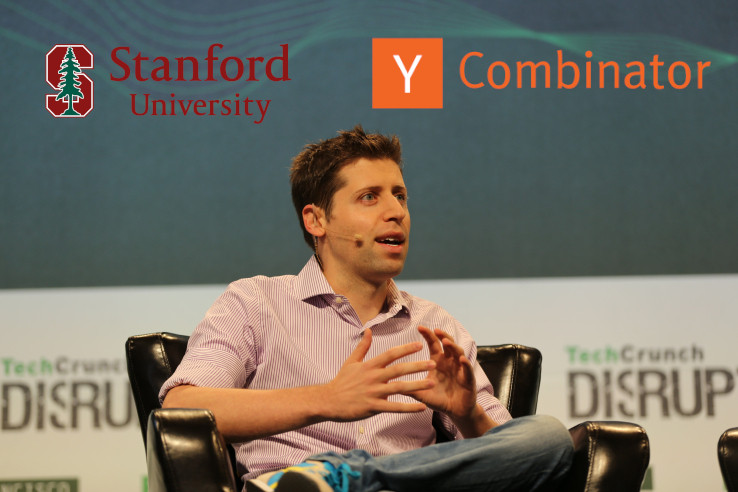
In April 2015, 30-year-old Altman co-founded OpenAI with Elon Musk to ensure that AI does not pose a threat to humanity. Since then, Altman has been on the move, meeting tech tycoons and seeking institutional funding. After ChatGPT's explosive popularity, he has frequently attended various summits and interviews, maintaining good relations with tech leaders like Microsoft's Satya Nadella and NVIDIA's Jensen Huang.
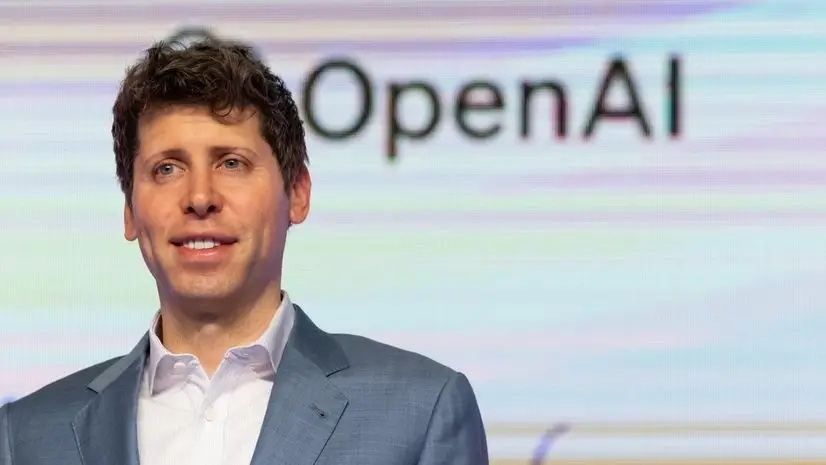
This approach has indeed brought rapid growth to OpenAI. Over the past six years, Microsoft has continuously invested in OpenAI, amounting to a total of $13 billion, making it OpenAI's closest partner.
The same is true of his relationship with NVIDIA's Jensen Huang. According to SemiAnalysis's 2023 data, OpenAI uses about 3,617 HGX A100 servers, containing nearly 30,000 NVIDIA GPUs, with Microsoft as the chip supplier becoming NVIDIA's top customer.
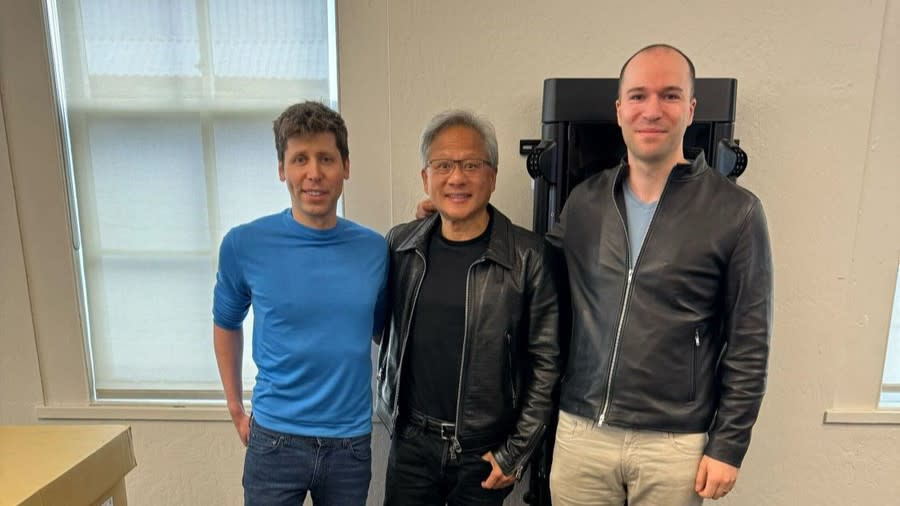
During this period, "friendly" and "sincere" became synonymous with Altman. Even though some tycoons had misunderstandings about him, after ChatGPT ignited the Silicon Valley tech circle and the world, both sides buried the hatchet and reconciled.
Bill Gates once misjudged Altman, opposing Nadella's investment in OpenAI. However, after ChatGPT's popularity, the elder praised Altman with all his superlatives, saying he saw his younger self in Altman, who is 30 years younger, and both are adept at recognizing and accelerating upcoming turning points.
Even current rival Zuckerberg once praised Altman without hesitation for his thoroughness and seriousness, expressing admiration for his ambitions in the field of AI. Altman even joined Zuckerberg's AI pharmaceutical company.
However, in Silicon Valley, a vanity fair where fame and fortune reign, there are no permanent friends, only permanent interests.
Ruptured Relationships: The Collapse of Alliances Amidst Interest Disputes
The first crack appeared in 2018. Musk, filled with anger and disappointment, resolutely withdrew from the OpenAI board. The root of this dispute was a profound disagreement over AI ethics, which escalated into a $97.4 billion acquisition game.
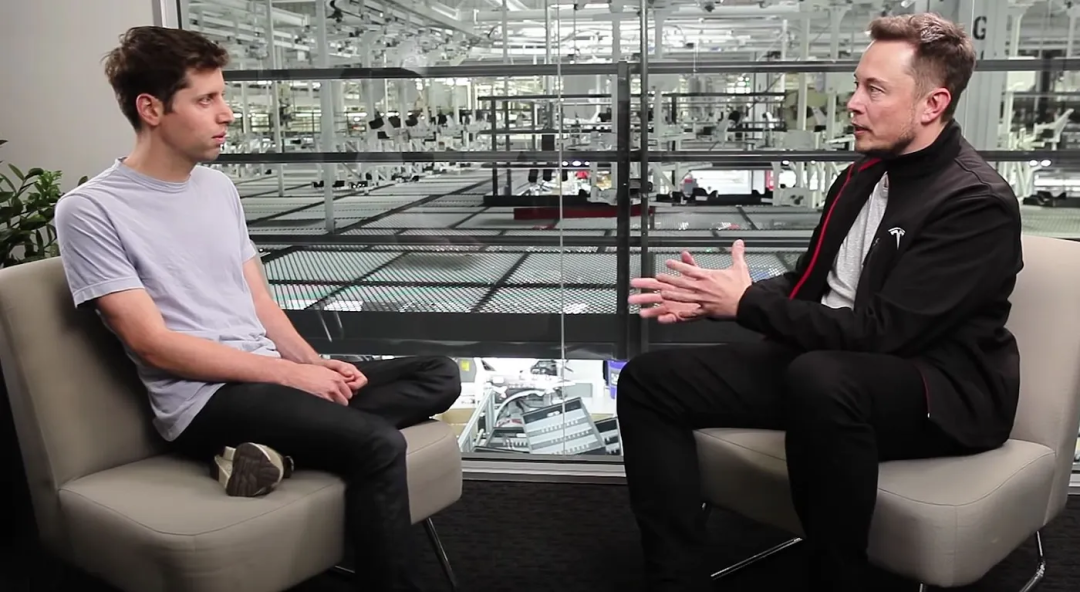
When Musk presented a check for an astronomical amount to the non-profit organization, Altman firmly refused and even retorted on the X platform: "No, thanks, but if you'd like, we'll buy Twitter (X's predecessor) for $9.74 billion."
Later, in an interview with Bloomberg TV, Altman even personally attacked Musk, saying, "He may be in a state of restlessness for his entire life, and I feel sorry for him."
Fast forward to last year, Musk filed a lawsuit against Altman, accusing them of violating the company's founding principles as a non-profit. Once, these two allies could drink and chat as brothers at AI security summits, but now, they are engaged in a fierce tug-of-war in court documents and media headlines, with past friendship long gone.
On the chip battlefield, the smoke is even thicker.
As chip prices continue to rise, the profits earned by OpenAI from its painstaking research and development of AI are largely "tributed" to NVIDIA. More troublingly, the uncontrollable factor of GPU shortages, like a heavy shackle, severely restricts the pace of development of AI companies.
In mid-2023, Altman complained in a closed-door discussion that the GPU shortage had disrupted OpenAI's short-term plans. Before the release of GPT-4, he had planned to increase the context length of ChatGPT to 32k tokens, but this was not achieved for a long time after its launch.
As a person with a strong desire for control, Altman cannot accept that OpenAI is constrained by Microsoft and NVIDIA. Therefore, from the beginning of 2024, he frequently discussed cooperation with Korean chip giants Samsung and SK, negotiated with TSMC and Middle Eastern investors, and revealed plans to raise $7 trillion to manufacture chips and reshape the global semiconductor industry.
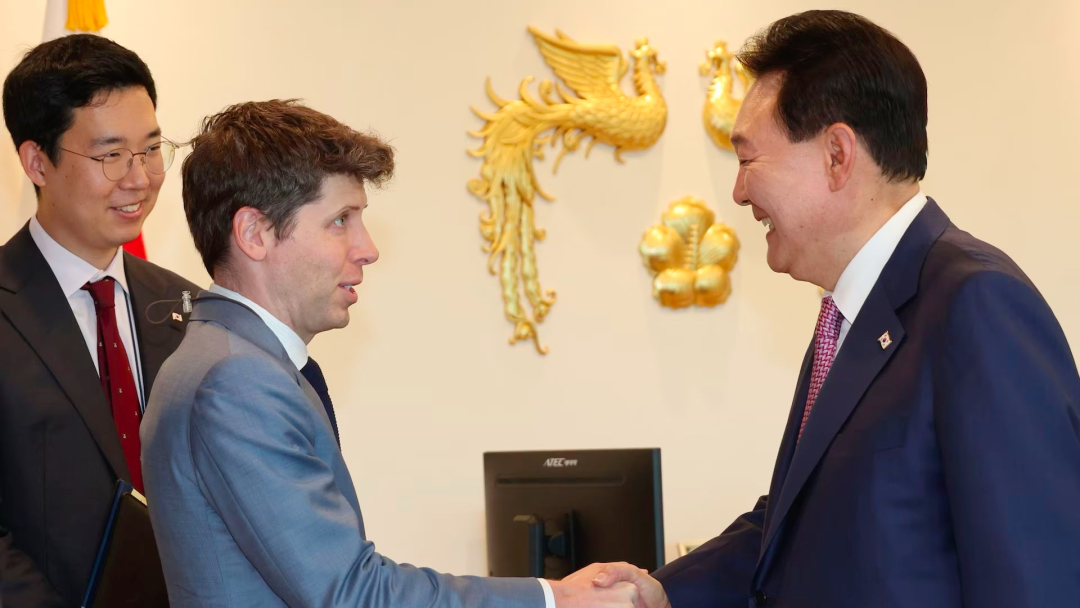
The relationship with Microsoft is also full of twists and turns. OpenAI hopes to weaken Microsoft's control over its AI products and computing resources and obtain Microsoft's support for its transition to a for-profit company.
Although OpenAI later spun off its for-profit segment and has been continuously raising funds, at Microsoft's Build Developer Conference in May this year, Altman only appeared remotely to support Microsoft, showing significantly less sincerity compared to his physical presence last year.
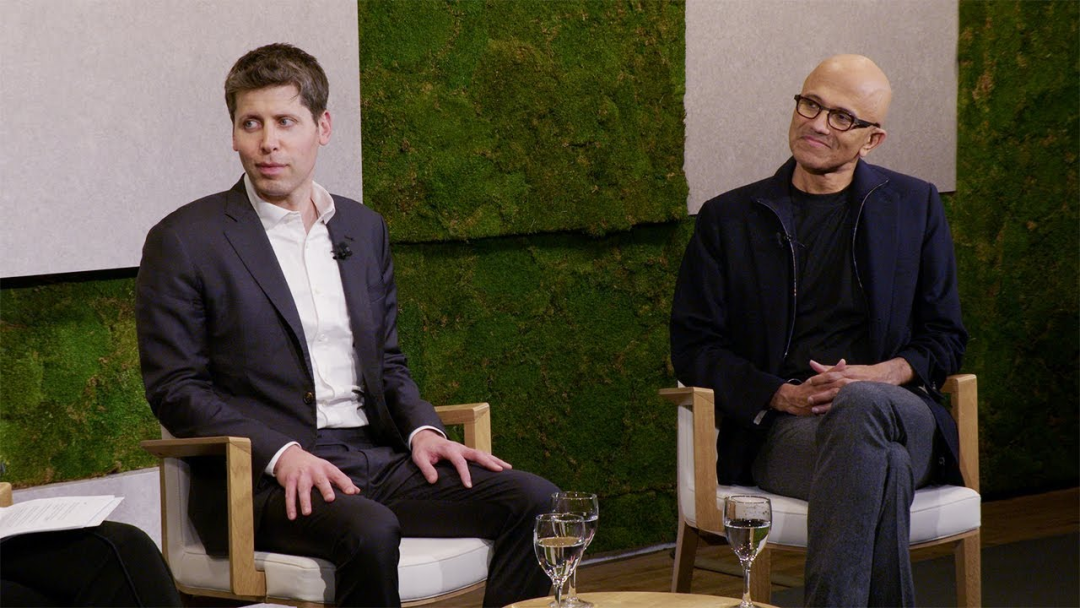
Today's Altman, once a highly sought-after "darling" of Silicon Valley tycoons, now seems to have become their "enemy." Those who once helped him achieve success and built bridges for his connections have now become "obstacles" to his ambition for greater achievements.
From Revolutionary to Monopolist
When OpenAI was founded, this non-profit organization carried the purest technological beliefs of Silicon Valley: breaking Google's algorithm monopoly through open-source technology and ensuring that the benefits of AGI reach all humanity.
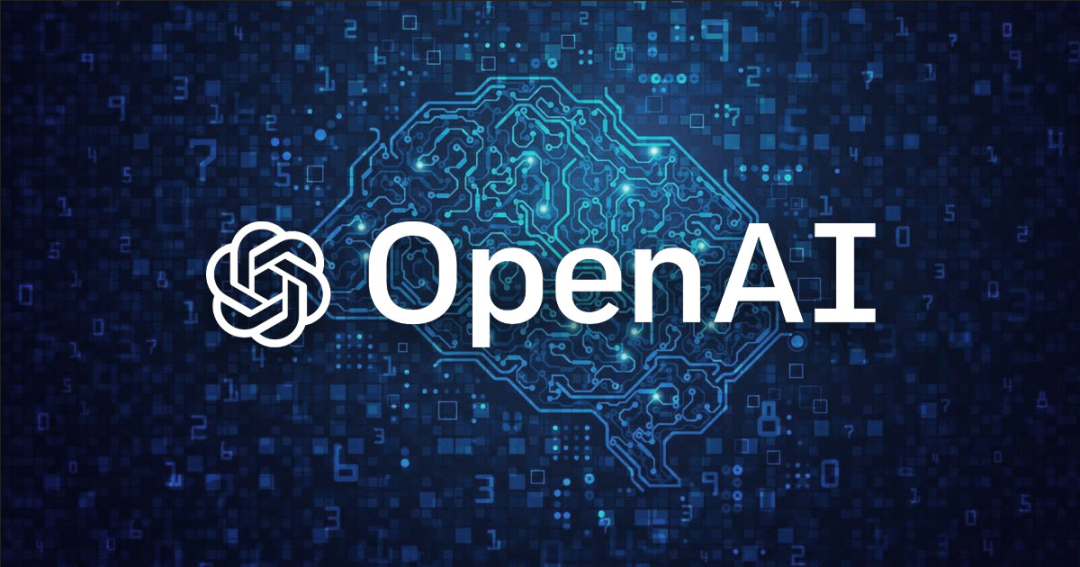
However, the development of large models soon exposed a cruel reality - it was essentially a money-burning game. Altman needed to continuously inject funds and resources to replenish the company's development, even having to oppose his former ally Musk.
Currently, ChatGPT has 800 million weekly active users, and the huge user base has kept the company's GPU clusters operating under heavy load, leaving the team exhausted. Meanwhile, OpenAI's valuation has surpassed $300 billion, making it one of the largest private funding projects in tech history, placing an increasing burden on Altman's shoulders.
Altman's current rift with the Silicon Valley power structure is also to gain more sustainable development momentum. After all, maximizing profits is an unavoidable rule on the path to commercialization.
Therefore, Altman is promoting fundraising and opening up sources while making intensive contact with Middle Eastern capital, ultimately facilitating a $6.6 billion funding round involving Thrive Capital and the UAE sovereign fund. At the same time, he is implementing a computing power conservation strategy, signing a five-year, $11.9 billion computing power contract with CoreWeave to ensure supply chain autonomy, while building a cost-effective barrier against NVIDIA in the hardware sector.
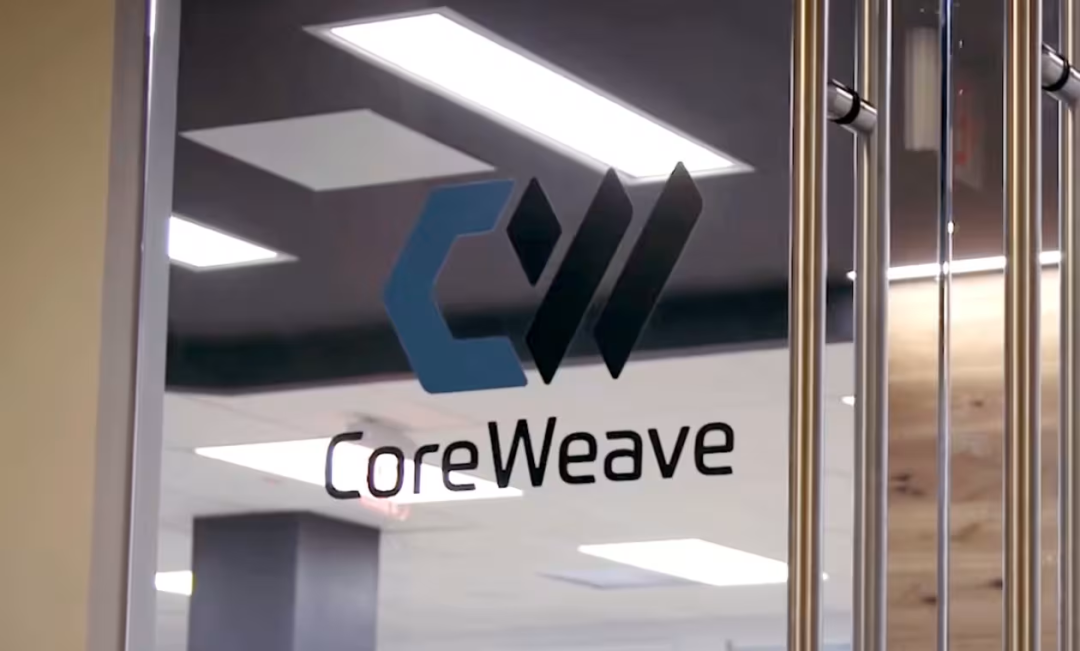
Of course, behind these frequent changes lies Altman's anxiety. This Spring Festival, DeepSeek attracted a large number of small and medium-sized enterprises and developers with open-source models and extremely low training costs, directly impacting OpenAI's paid API subscription model, promoting technological equity, and forcing Altman to adjust his strategy.
But OpenAI's competitors go beyond just DeepSeek - Google updated its GEMINI 2.5 model last month, Anthropic launched the Claude 4 series, Musk plans to raise $4.3 billion for large model training, self-built data centers, and chip procurement, while ByteDance updated its Doubao model and initiated a price war.
Faced with these pressures, Altman has raised the banner of releasing GPT-5 this summer. But he also said that internally, they are discussing whether to simply increase the version number or continuously optimize and improve it like GPT-4.
Meanwhile, OpenAI also wants to make inroads into AI hardware. Not long ago, Altman announced the acquisition of a startup by Apple's former chief designer for $6.5 billion and plans to launch new AI hardware devices next year. This is OpenAI's largest acquisition to date, reflecting its importance.
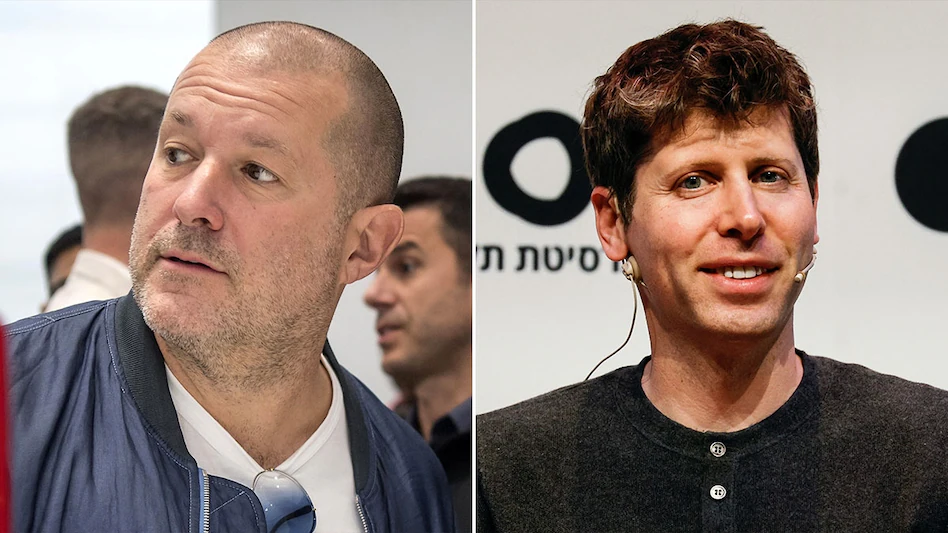
Altman has repeatedly publicly criticized the separation between existing hardware and AI. Once AI-centric integrated software and hardware devices are developed, OpenAI will establish an independent entry point through its own hardware, which is likely to impact Apple, making Apple's iOS ecosystem no longer a moat.
It can only be said that when OpenAI acquired the former Apple chief designer team, Sam Altman made a crucial move in the power game in Silicon Valley. This most expensive hardware acquisition case in technology history marks Altman's official declaration of war on Apple's ecosystem empire.
Altman's ambitions go far beyond market competition. In his latest long essay, "The Gentle Singularity," he paints a radical picture of the future: In 2026, AI will discover new scientific insights, and in 2027, robots capable of performing real-world tasks will emerge. By 2030, human productivity aided by AI will increase tenfold or even hundredfold.
In this war without gunsmoke, the revolutionaries who once broke Google's monopoly are becoming new monopolists.
But as Altman wrote in a letter to all employees, "The ultimate meaning of life is not knowledge but action." In this era where algorithms consume the world, the only rule for survival is to always look five steps ahead of your opponents—even if it means betraying oneself.
References:
1. "ChatGPT's Creator Faces Power Struggle: Programmed at Age 8, Financially Independent at 26, and Now With 700 Employees 'Storming the Palace' to Aid His Return" - Lanjing News
2. "Silicon Valley Giants Offer Staggering $100 Million in a Frenzy to Recruit AI Talent" - Chuangtoutiao News
3. "Microsoft Splashes Out, Musk Steps Away, and Altman's Palace Battles: The $10 Billion Power Play at OpenAI | Deep Web" - Deep Web, Tencent News

